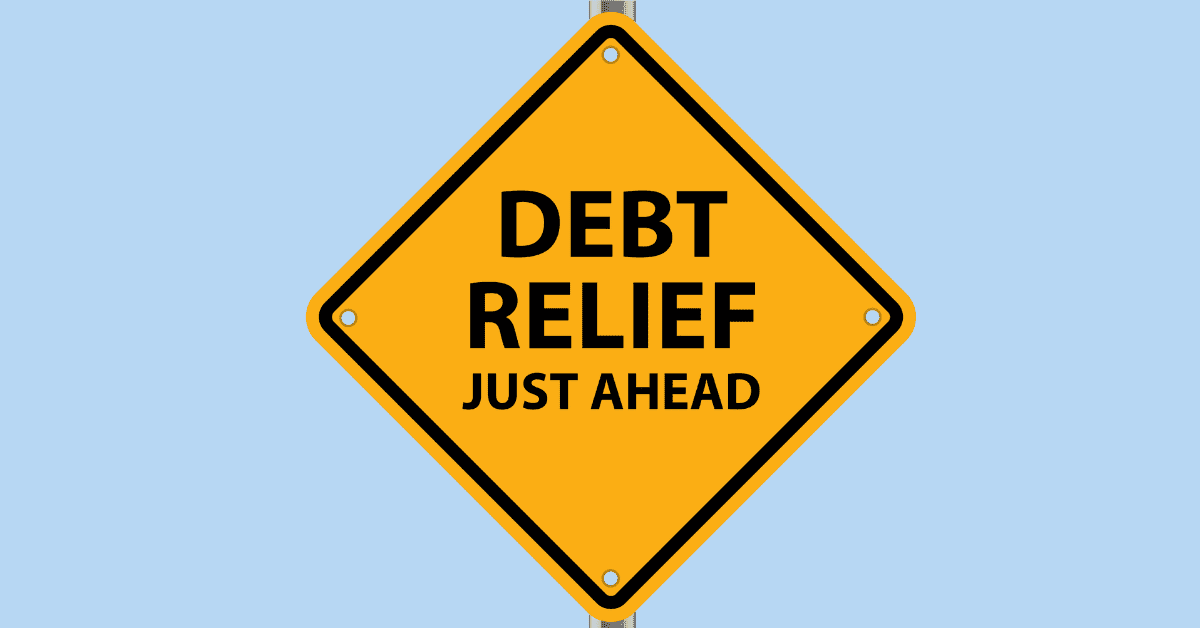Introduction
If you’re seeking debt help, you’ve landed in the right spot. With that being said, it’s likely you’re struggling to keep up with your debts. First and foremost, you’re not the only one dealing with this and don’t navigate this situation alone. As a licensed insolvency trustee, I’ve seen countless Canadians face similar challenges. But the tide can turn! In this comprehensive guide, I’ll share key insights into managing debt, arming you with tools and knowledge for a financially secure future. Let’s embark on this journey to transform your financial woes into opportunities for growth and stability.
Understanding Your Debt
Types and Implications of Debt in Canada
We encounter various debts: credit cards, personal loans, mortgages, and even business liabilities. Each type requires a unique strategy. Credit card debt, for example, often has higher interest rates and demands a different repayment approach than a mortgage. Understanding the nuances of your specific debts is the first step towards effective management.
The Emotional Toll of Debt
It’s not just about the numbers; debt can significantly impact your mental well-being. Recognizing and addressing the stress and anxiety that come with debt are as important as tackling the financial aspects.
Know Your Rights and Responsibilities
Creditor Laws in Canada
Canadian laws offer a layer of protection against unfair debt collection practices. For example, creditors are prohibited from using abusive language or making false statements about the debt you owe. Knowing these protections can empower you in dealings with creditors.
Decoding Wage Garnishment
When a creditor legally withholds a portion of your wages for debt repayment, it’s known as wage garnishment. While it can impact your income, remember, there are legal limits to how much can be garnished. Also, negotiating a payment plan can often prevent or reduce garnishment.
Dealing with Collection Agencies
Approach collection agencies with awareness and assertiveness. Maintain records of all interactions and know that you can negotiate payment terms. Most importantly, understand that ignoring the problem won’t make it go away. Engage and negotiate to find a feasible solution.
Financial Literacy and Budget Management
Building Financial Knowledge
Financial literacy is crucial. It’s about understanding how interest rates work, the impact of late payments, and how credit scores are calculated. It’s also about knowing the broader economic factors that affect your finances, like inflation rates and economic cycles.
Effective Budgeting Techniques
Budgeting is a vital skill in debt management. Start by tracking your income and expenses. Identify non-essential expenditures and find ways to reduce them. Create a realistic budget that includes debt payments and stick to it. Use tools like budgeting apps or spreadsheets to keep you on track.
Exploring Debt Relief Solutions
Consumer Proposals as a Path to Financial Recovery
A consumer proposal is an agreement with your creditors to pay a portion of your debt. It’s an alternative to bankruptcy and can offer a more manageable way to settle debts without losing your assets.
The Ins and Outs of Debt Consolidation
Debt consolidation can simplify your debts into one loan with a potentially lower interest rate. However, it’s important to consider the terms of consolidation and ensure it aligns with your long-term financial goals.
The Role of Licensed Insolvency Trustees
Trustees play a pivotal role in debt resolution. We assess your financial situation, explain the options available, and can even negotiate with creditors on your behalf. Think of us as navigators helping you find the best route out of debt.
Protecting Yourself from Creditors
Legal Strategies for Asset Protection
You have legal means to protect your assets from creditors. This includes understanding exemptions under bankruptcy law and using consumer proposals to prevent asset seizure.
Strategies for Successful Creditor Negotiations
Negotiating with creditors is both an art and a science. It involves presenting a realistic repayment plan, being honest about your financial situation, and sometimes, leveraging professional help to strike a better deal.
Conclusion
Debt in Canada can be a complex maze, but with the right knowledge and tools, it’s navigable. Remember, you have options, rights, and strategies at your disposal. Take this guide as your first step towards financial clarity and control.
Debt Help is Available Today
Ready to turn the tide on your financial challenges? Get a free consultation and professional debt help today!

